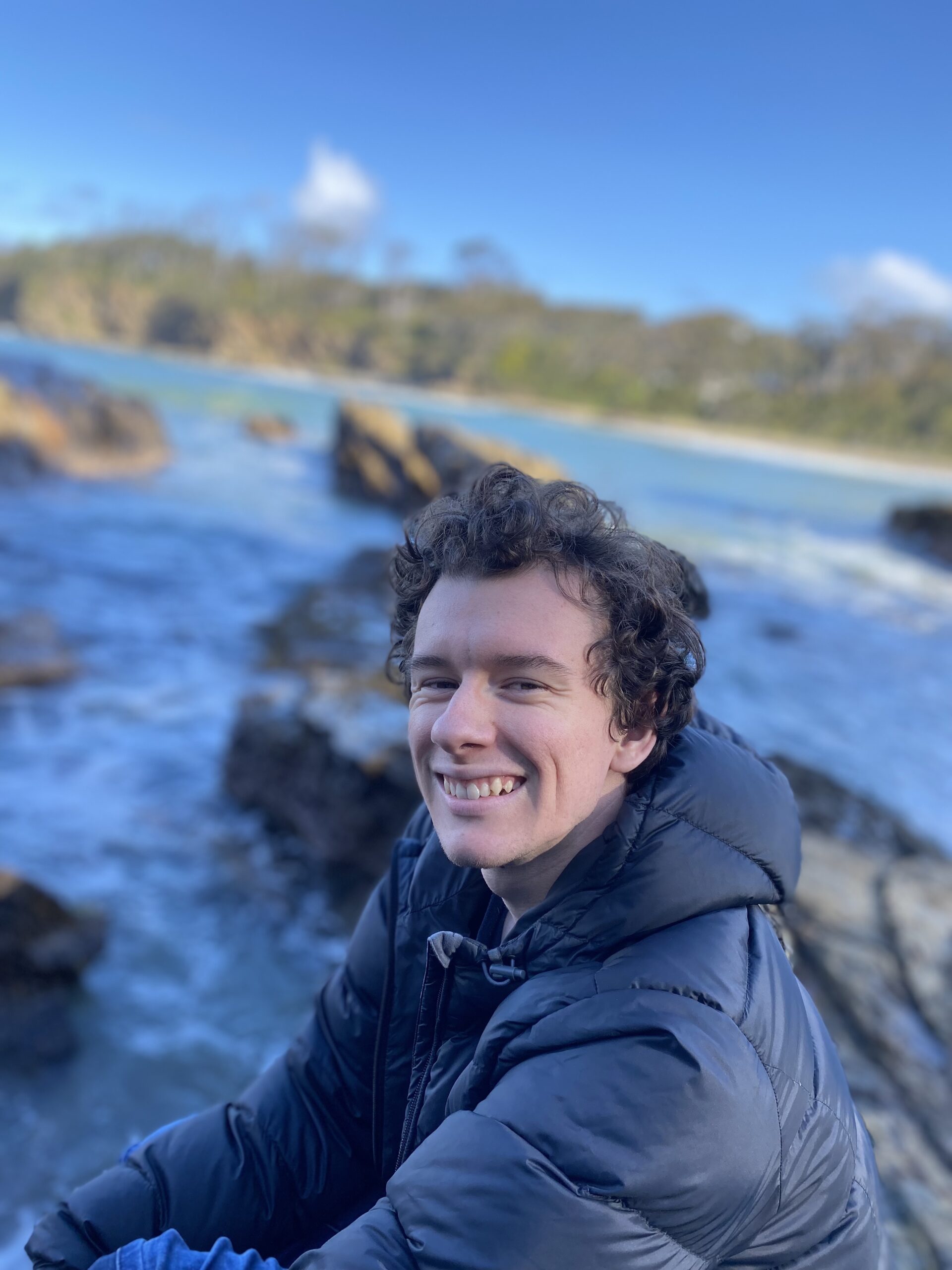A Balinese Digital Detox
Yesterday was Nyepi, which is the Balinese new year. Unlike the Western new year, where people are rowdy and hungover, Nyepi is famously a day of silence in Bali. Everything – and I mean everything – on the island shuts down for the entire day. All the shops are closed, the airport is closed, no-one is allowed on the roads, and the entire island, normally bustling with activity, comes to a total standstill. It’s a time for reflection, to escape the usual busyness of the ordinary day. Now, even though non-Hindus are exempt from the requirements, I wanted to get close to the full experience, so I did my best to follow the rituals.
Let’s go through the four pillars of Nyepi:
- Amati Lelunganan: No travelling. This means no travelling at all, so you have to stay inside your house the whole day. It’s probably the easiest of all the rituals as there’s nothing on outside to even go to.
- Amati Karya: No working. Again, fairly easy, especially if you are Balinese: nothing is open for you to work at. For foreigners, we can work anytime, but I chose not to (except for journalling, which probably technically breaks the rules but I didn’t really consider it working as such).
- Amati Geni: No fire or light, including no electricity. I shut down all my electronic devices the night before (which also ties in to point 4). That meant no phone, computer, or other tech. I can’t remember the last time I went a full day without anything like that! Now, we did break this slightly at night by putting on a light to eat by, but we were told that this was OK and a few households around us did this also. I was still in bed by 9pm because I didn’t put the light on in my own room at all.
- Amati Lelanguan: No revelry / self-entertainment. This was the other reason I turned off all my devices: to do this properly, you’re not meant to do anything to entertain yourself. So no TV (which is electronic anyway), no movies, no games. This was the one that was the hardest to be defined for me. For example, what does self-entertainment mean? Daydreaming would violate that, no? And is reading allowed? It’s entertainment but it’s not electronic. I asked a friend of mine, and he said it’s different for each person: some people won’t do anything, but others will read. Some think reading holy texts is OK but not fiction. The idea of the day is to get away from whatever you normally do – and since reading is something I do a bit of, I decided not to read this time.
- You are also meant to fast for the 24 hours, but I didn’t because I didn’t want to
Honestly, I found it easier than I thought to go through the whole day. I spent a lot of time sleeping (I’m still recovering from an illness from last week) and otherwise I wrote down some thoughts on paper. Technically, as I said earlier, this is a grey area, but it’s something I wouldn’t do normally so I felt OK about it. I was surprised how tired I was – I napped throughout the day and went to bed early, so I got about 14 hours of sleep across the day, despite not doing anything (that, or I was still tired from carrying the ogoh-ogoh the day before). It was nice to check the phone again this morning, but honestly there weren’t that many updates there. It was refreshing to come back to the phone, though, and re-evaluate my relationship with it. Particularly when sick, I spend more time on it scrolling and looking at useless things when I would prefer to be watching TV. So far, today, outside of my initial scroll to catch up on anything from yesterday, I’ve been much better at not going for the phone straight away.
All up, I would say it’s a useful experience and would recommend taking a day to do something similar yourself, if you’re able to. And I think I might try to follow Nyepi myself in the future.
